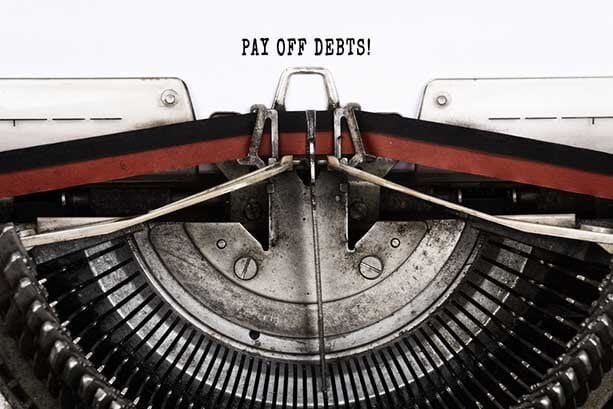Being in debt can be stressful, no one denies that. And the pressure can place you in a range of challenging positions, forcing you to cave in and make the wrong financial decisions. Embracing the right ways to pay off your debt is more than mandatory.
But how do you know which are those? Well, you must get acquainted with the practices that should be avoided, and this is what we’re going to discuss in today’s article. Keep on reading to discover the wrong ways to pay off your debt.
Consolidate with a high-interest loan
Debt consolidation makes sense when the financing solution provided by the lender is actually favourable. If the loan terms are convenient for your financial situation, you should go for it. Nonetheless, choosing debt consolidation for the wrong reason and failing to analyse the implications of the term will do you more harm than good.
In the case in which the only loan you can obtain has an interest rate that is higher than your credit card debt, you should leave it aside.
At first, you may believe that your monthly repayments appear lower with debt settlement. Nonetheless, that is only because the loan has an extended timeframe. If you were to calculate the interest you’d end up paying during the life span of the loan, you might come to realise that such a solution is not the best. So, this is definitely one of the wrong ways to pay off your debt.
Misusing your home equity loan
The second on our list of one of the worst ways to pay off your debt: choosing a home equity loan. Even though you may assume that this could be the answer to all your problems, this is not always the case. Of course, there are many situations in which this option actually works. As always, everything depends on each person’s financial conditions.
However, if you’re struggling with high-interest credit card debt, you should pinpoint the root of the problem. For example, your debt situation might be a result of reckless spending and poor money management skills. If you don’t aim at solving the problem from its root, you are prone to end up in this exact scenario in a year or two. So, it goes without saying that a home equity loan won’t work as long as you don’t fix the underlying issue. In the case in which the loan ends up being unaffordable, you might lose your home as well.
Choosing the support of a debt settlement company
Accepting the guidance of a debt settlement company is, without a doubt, one of the most unfavourable ways to pay off your debt. As it is expected, these kinds of businesses advertise as being the solution to everybody’s money related problems. Nonetheless, after you manage to settle your debts, by paying significantly less than you owed, your credit rating is terrible, and you’re back where you started. Not to mention that we’re talking about a lengthy process. Even if your attempt is successful, you’ll have to work on rebuilding your credit score for years.
So, try to stay away from the methods mentioned above. There are other ways to pay off your debt without affecting your credit score in the process. Speak with a financial expert like Australian Lending Centre who offers free consultations on paying off debts and managing people’s finances.








